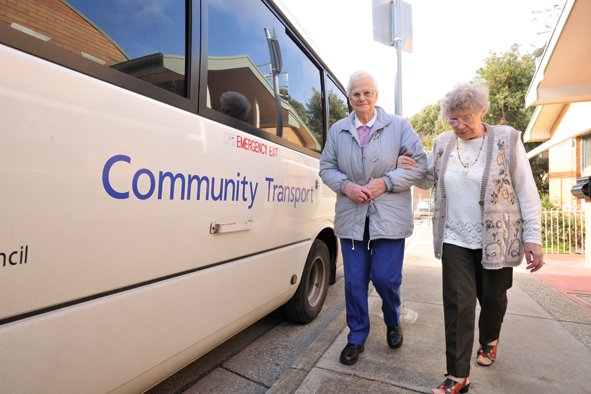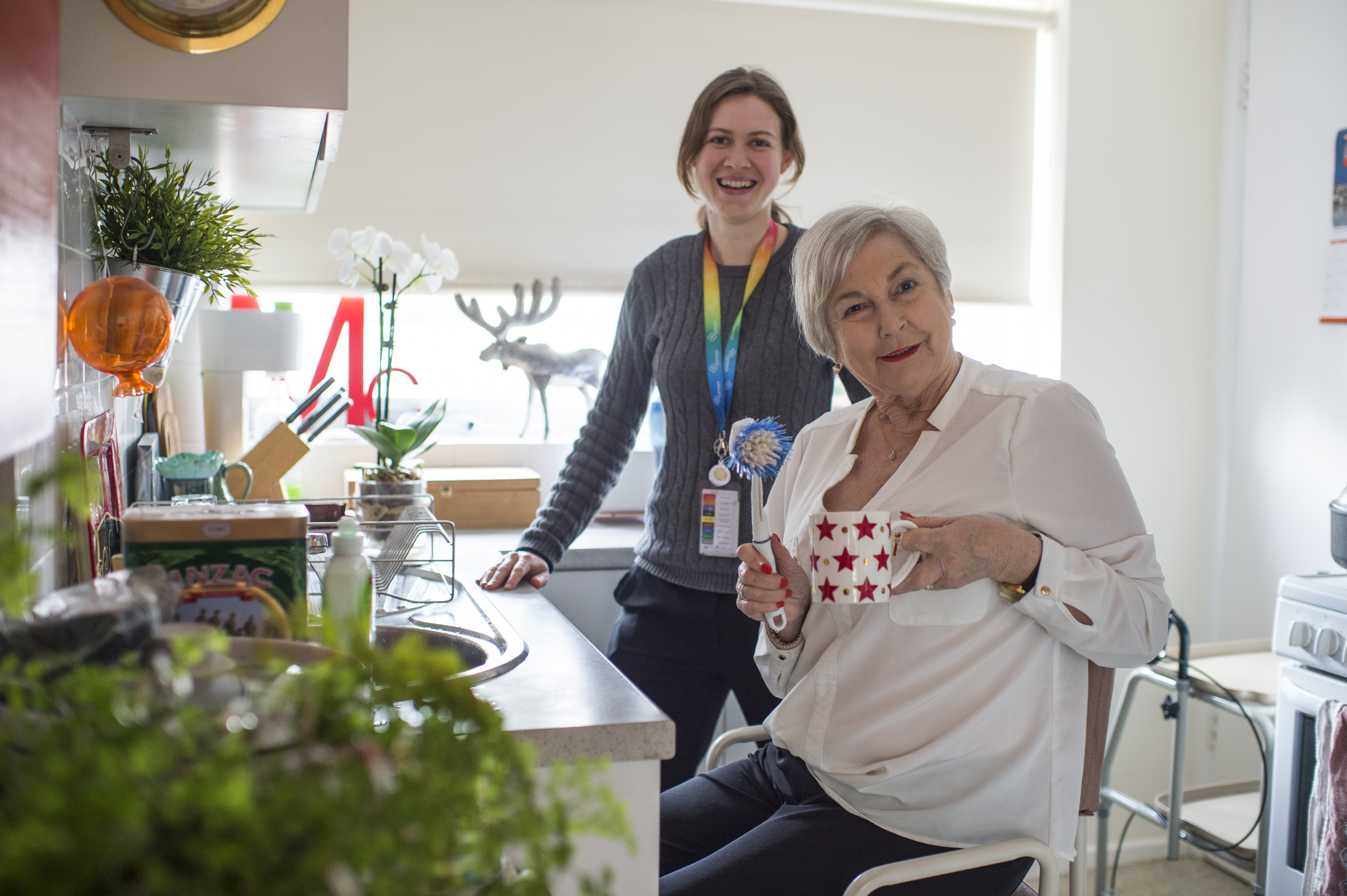Select from the following services

We are all pretty much aware that what we eat is important for our bodies and health, but did you know that how we eat that food can also have a big benefit to our health as well?
Yes. The way we go about the mealtime ritual can also have a great impact on our mental health, and it’s all about breaking bread with other people.
Indeed, there are many psychological, social and biological benefits from eating our meals in the company of others.
Whether it’s through sharing experiences with family and friends, winding down with company, bonding with family members or just having someone to talk to while you grab lunch at work, mealtimes provide us a great opportunity to socialise, relax and improve our mental health.
Psychological benefits
When you think of it, it makes sense that regular, shared mealtimes provide a sense of rhythm and regularity in our lives. They offer an important sense of comfort and familiarity that can evoke deep feelings of security that humans gain (and need) from structure and routine.
For many, mealtimes offer the opportunity to stop, reflect on the day (and days ahead), and to listen to and interact with others. And for those of us holding concerns, they provide an opportunity to express our anxieties in a supportive environment.
Social benefits
It is widely recognised that children mimic the adults around them, and sharing meals helps children develop their social skills. Learning from the behaviours modelled by parents and older siblings can provide children the opportunity to learn how to listen and interact in conversation. And the ritual of the shared meal continuously reinforces each individual’s identity. Qualities like empathy and understanding can also be developed by children at mealtimes, as views and perspectives other than their own are discussed.
Most importantly, mealtimes make people feel connected to others.
Biological benefits
And regular mealtimes are also good for us biologically. They provide rhythm and make us stop and focus on eating, while upright chairs help improve digestion. The act of talking and listening to others also slows down the eating process which can improve digestion, hydration, weight loss and provide greater satisfaction from our meals.
Make a date – a good habit
While it just isn’t possible to eat every meal in a slow and relaxed manner with those nearest and dearest, by setting aside one special meal a week, we can lay the foundations for healthy eating and make wonderful memories at the same time.
Choose at least one day every week that is set aside for sharing a meal with family or friends. It should be an event that is an honoured and routine part of the week, whether it's a leisurely breakfast, dinner on a Friday or lunch on Sunday. Make sure everyone is involved in deciding the day and making sure it's kept free.
Hassle free: When planning the meal try to choose something that’s tasty but relatively simple and easy to prepare. This will ensure that the tradition continues and doesn't become a chore.
Share responsibility: Get others involved in preparing for the meal. You could allocate the jobs of shopping, cooking, setting the table, dishes etc, and rotate the tasks each week.
Plan meals in advance: Planning meals in advance can enable a team effort in choosing a range of interesting dishes for the meal. It could even become a subject for discussion around the meal table.
Involve your children: If you have children, get them involved in different aspects of the preparation, from menu planning and cooking, to setting and clearing the table. They could even pick a theme each week that could be reflected in the menu or table conversation.
Telly-free: Of course, the best way to get the most from your special meal is to take the time to talk and share. A television during mealtime will be distracting, even if it’s only in the background - try replacing it with nice music.
Core source: https://www.mentalhealth.org.uk/a-to-z/m/mealtimes-and-mental-healthA youth mental health initiative developed with students during Victoria’s lockdowns, is hoped to help reduce the stigma surrounding mental health issues and encourage teens to seek help early.
Read MoreOur Health Promotion team is supporting early learning centers through the Achievement Program, an initiative that helps services create a healthier environment for their students, staff and families.
Read MoreThis Children’s Week, we asked our paediatric team to share some of their favourite activities for kids that embrace the importance of play for a healthy lifestyle.
Read More
Speech pathologists provide assessment and management of communication, swallowing and feeding difficulties.
Read More
We have been offering safe and quality door-to-door transport options to our community since 1975.
Read More
We provide Occupational Therapy to help children, adults and those experiencing mental health issues, to achieve their full potential.
Read MoreSelect from the following services